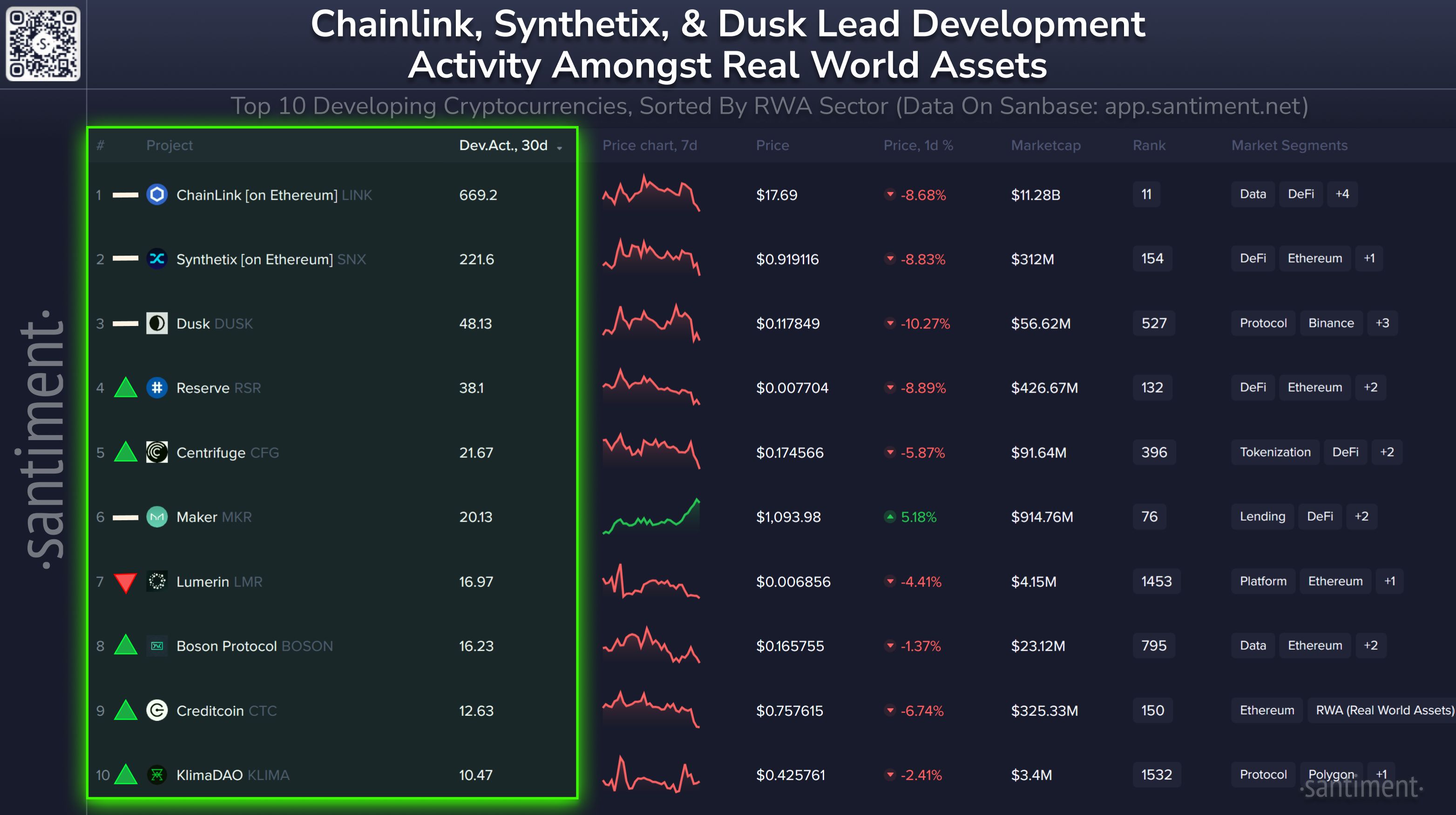
Coin-related
Price calculator
Price history
Price prediction
Technical analysis
Coin buying guide
Crypto category
Profit calculator

Creditcoin priceCTC
How do you feel about Creditcoin today?
Price of Creditcoin today
What is the highest price of CTC?
What is the lowest price of CTC?
Creditcoin price prediction
When is a good time to buy CTC? Should I buy or sell CTC now?
What will the price of CTC be in 2026?
What will the price of CTC be in 2031?
Creditcoin price history (USD)
 Lowest price
Lowest price Highest price
Highest price 
Creditcoin market information
Creditcoin's market cap history
Creditcoin market
Creditcoin holdings by concentration
Creditcoin addresses by time held

Creditcoin ratings
About Creditcoin (CTC)
What Is Creditcoin?
Creditcoin is a blockchain-based interoperable lending protocol designed to revolutionize the way credit is accessed and provided. It serves as a bridge between investors or lenders and fundraisers or borrowers, who register matching loan condition requirements. This innovative platform aims to democratize the credit market by making credit available to everyone, regardless of geographical boundaries. By recording credit transaction events immutably on the blockchain, Creditcoin significantly reduces the costs associated with verification and risk assessment. This transparency not only diminishes information asymmetry but also liberates decentralized finance (DeFi) from the constraints of over-collateralization, a common issue in traditional lending systems.
The platform's open economy model further lowers networking costs, allowing any party to use Creditcoin for various purposes such as competing for funding, investing money, forming lending pools, or developing applications. Transactions, once agreed upon, are settled on separate blockchains. Creditcoin stands out by replacing collateral-based lending with credit-based lending, offering a unique approach in the DeFi space. It operates on a Proof of Work consensus mechanism, ensuring security and reliability within its network.
Resources
Whitepaper: https://docsend.com/view/2zwzxde
Official Website: https://creditcoin.org/
How Does Creditcoin Work?
Creditcoin operates as a permissionless blockchain, fostering a borderless credit investment network. Its network comprises four main parties: Investors, Lending Pools, Fundraisers/Lenders, and End-User/Borrowers. Investors, ranging from individuals to large institutions, add liquidity to the market through "Ask Orders" on the blockchain, thereby earning fixed interest on pools of liquidity in fiat or crypto. Lending Pools or Money Markets are created by aggregating these ask orders, along with Gluwa Capital, to boost the DeFi lending sector.
Fundraisers, which can be various lending institutions or organizations like NGOs, connect with the Creditcoin Blockchain using Credal, a tool that simplifies the development and deployment of applications on the platform. Borrowers, often those with limited access to traditional banking, create the demand for funds, driving the market forward. Creditcoin's unique token model, where transaction fees in CTC are locked for about a year before being returned to the user, ensures a stable and efficient transaction environment.
An essential aspect of Creditcoin's functionality is its off-chain credit scoring system. Recognizing that no single credit model fits all scenarios and the computational intensity of credit assessment, Creditcoin leaves the credit scoring to be conducted off-chain. This approach allows for a more flexible and adaptable credit assessment process, accommodating both on-chain and off-chain data.
What Is CTC Token?
CTC, the mainnet token of Creditcoin, plays a pivotal role in the network's operation. It is used for transaction fees and as a reward for miners who secure the network. Each action on the Creditcoin blockchain, such as announcements or loan cycles, incurs a cost in CTC. This token model is designed to reduce uncertainty for parties transacting on Creditcoin, offering a multi-use utility token that provides long-term stability.
The total supply of Creditcoin tokens (CTC) is capped at 2 billion, with a portion allocated for mining rewards, development, and network governance. CTC's unique feature is that transaction fees are locked on the network for approximately a year before being returned to the user, symbolizing a permanent right to use the network. Additionally, Creditcoin also uses G-CRE, an ERC20 token primarily for vesting and trading, which can be exchanged for CTC using a 1:1 swap function.
What Determines Creditcoin’s Price?
The price of Creditcoin (CTC), like any cryptocurrency, is influenced by a complex interplay of factors, pivotal in the volatile landscape of blockchain and digital assets. Market demand and supply dynamics play a crucial role in determining CTC's price. As investors and users engage with the Creditcoin network for lending and borrowing, the demand for CTC increases, potentially driving up its price. This demand is further influenced by the platform's adoption rate and the success of its lending model, which connects borrowers and lenders across different blockchain networks. The unique value proposition of Creditcoin in facilitating credit-based lending without the need for traditional collateral significantly impacts its attractiveness to users, thereby influencing demand.
Another key factor is the broader cryptocurrency market trends and investor sentiment, which often dictate the price movements of individual tokens like CTC. Economic events, regulatory news, and technological advancements within the blockchain sector can cause significant fluctuations in crypto prices, including Creditcoin. Additionally, the tokenomics of CTC, particularly its fixed supply cap of 2 billion tokens and the innovative mechanism of locking transaction fees for a year, create a unique supply scenario that can affect its market value. As the blockchain and cryptocurrency sector continues to evolve, the integration of Creditcoin with other major blockchains and its effectiveness in providing a decentralized credit platform will be critical in shaping its market valuation.
CTC to local currency
- 1
- 2
- 3
- 4
- 5
How to buy Creditcoin(CTC)

Create Your Free Bitget Account

Verify Your Account

Convert Creditcoin to CTC
Trade CTC perpetual futures
After having successfully signed up on Bitget and purchased USDT or CTC tokens, you can start trading derivatives, including CTC futures and margin trading to increase your income.
The current price of CTC is $0.5848, with a 24h price change of -0.22%. Traders can profit by either going long or short onCTC futures.
Join CTC copy trading by following elite traders.
Creditcoin news





Buy more
FAQ
What is the current price of Creditcoin?
What is the 24 hour trading volume of Creditcoin?
What is the all-time high of Creditcoin?
Can I buy Creditcoin on Bitget?
Can I get a steady income from investing in Creditcoin?
Where can I buy Creditcoin with the lowest fee?
Where can I buy Creditcoin (CTC)?
Video section — quick verification, quick trading

Bitget Insights



Related assets



































Creditcoin Social Data
In the last 24 hours, the social media sentiment score for Creditcoin was 3, and the social media sentiment towards Creditcoin price trend was Bullish. The overall Creditcoin social media score was 0, which ranks 401 among all cryptocurrencies.
According to LunarCrush, in the last 24 hours, cryptocurrencies were mentioned on social media a total of 1,058,120 times, with Creditcoin being mentioned with a frequency ratio of 0.01%, ranking 341 among all cryptocurrencies.
In the last 24 hours, there were a total of 167 unique users discussing Creditcoin, with a total of Creditcoin mentions of 54. However, compared to the previous 24-hour period, the number of unique users increase by 3%, and the total number of mentions has increase by 157%.
On Twitter, there were a total of 1 tweets mentioning Creditcoin in the last 24 hours. Among them, 0% are bullish on Creditcoin, 0% are bearish on Creditcoin, and 100% are neutral on Creditcoin.
On Reddit, there were 2 posts mentioning Creditcoin in the last 24 hours. Compared to the previous 24-hour period, the number of mentions decrease by 33% .
All social overview
3